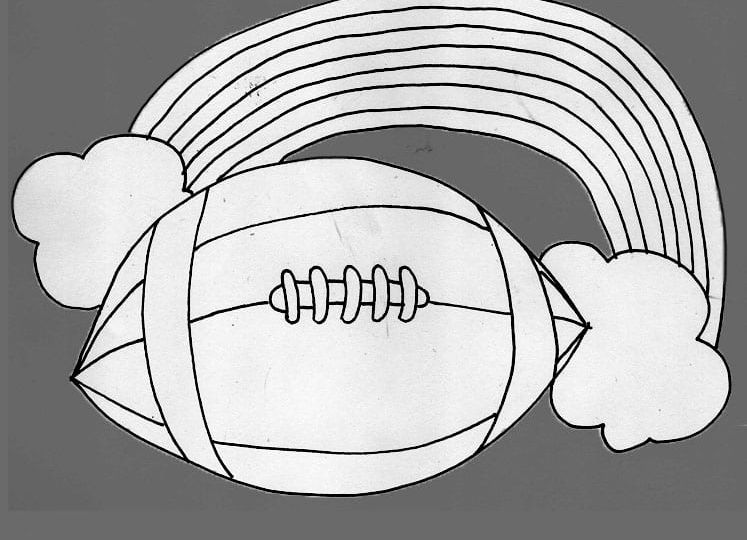
I can still vividly remember my first experience with fantasy football. I was 10, and my football-obsessed math teacher created a league for our class. Admittedly, it was not the best mathematical education strategy in which I have ever been involved. Our league was comprised of 25 nerdy, mostly female, pre-pubescent children. I know my reaction was along the lines of, “Football? The one where they wear the tights?”
Despite how misguided I was at the beginning of my extremely short fantasy football career, I was just as addicted as any middle-aged man after a month. It was intoxicating. The thrill of being able to call these big-name players “my players,” and to watch them score points for “my team” was incredible. I essentially became a 10-year-old gambling addict.
Fantasy football is just one of a multitude of fantasy sports you can play. The first fantasy league was actually baseball, started in the 1950s by statistics-savvy fans. With the advent of the Internet in the 1990s, fantasy football moved online and became much more accessible to millions of people, most notably on ESPN, NFL and Yahoo.
Over 28 million people played fantasy football last year. The basic premise of fantasy football is that you get to manage your own team, making it a “fantasy” for many. With a Wikipedia page longer than St. Olaf’s, fantasy football is clearly not going anywhere. Unfortunately, it can turn into a nightmare.
At its root, fantasy football is gambling. Most, although not all, leagues have an entry fee and a payout. However, this always comes with a chance to win. In fact, The National Football Championship offers prizes of up to $150,000, with a minimum entry fee of $150. The average fantasy sports player spends $467 per year, adding up to a $15.7 billion market for an imaginary pastime. Fantasy football is a lucrative and widespread business. It is no wonder that there are no limitations on it. In 2006, legislation was passed to limit gambling; however, there was a specific exception made for fantasy sports.
Along with the monetary commitment many participants make, the average fantasy football player spends three hours a week managing his or her team and a further nine hours reading or watching something about fantasy sports. This all-encompassing passion costs the United States an estimated $6.5 billion a year in lost productivity.
Not all the resources associated with fantasy sports are intangible. ESPN has television shows devoted to fantasy football. Estimated advertisement revenue, per year, is $2-5 billion. Fantasy sports are so popular, websites can charge $2-10 to advertisers per thousand page views. Fantasy football has become deeply embedded in our culture.
After coming off my forced fantasy football high, I realized it wasn’t for me. I got too obsessed for my own good; it was more about my ego than enjoyment of the actual game. However, if fantasy sports are not consuming too much of our energy and time, they can be one of the most rewarding practices. They not only give you an excuse to watch your favorite sport, but also allow you to be actively involved.
barkle1@stolaf.edu
Graphic Credit: ETHAN BOOTE/MANITOU MESSENGER

